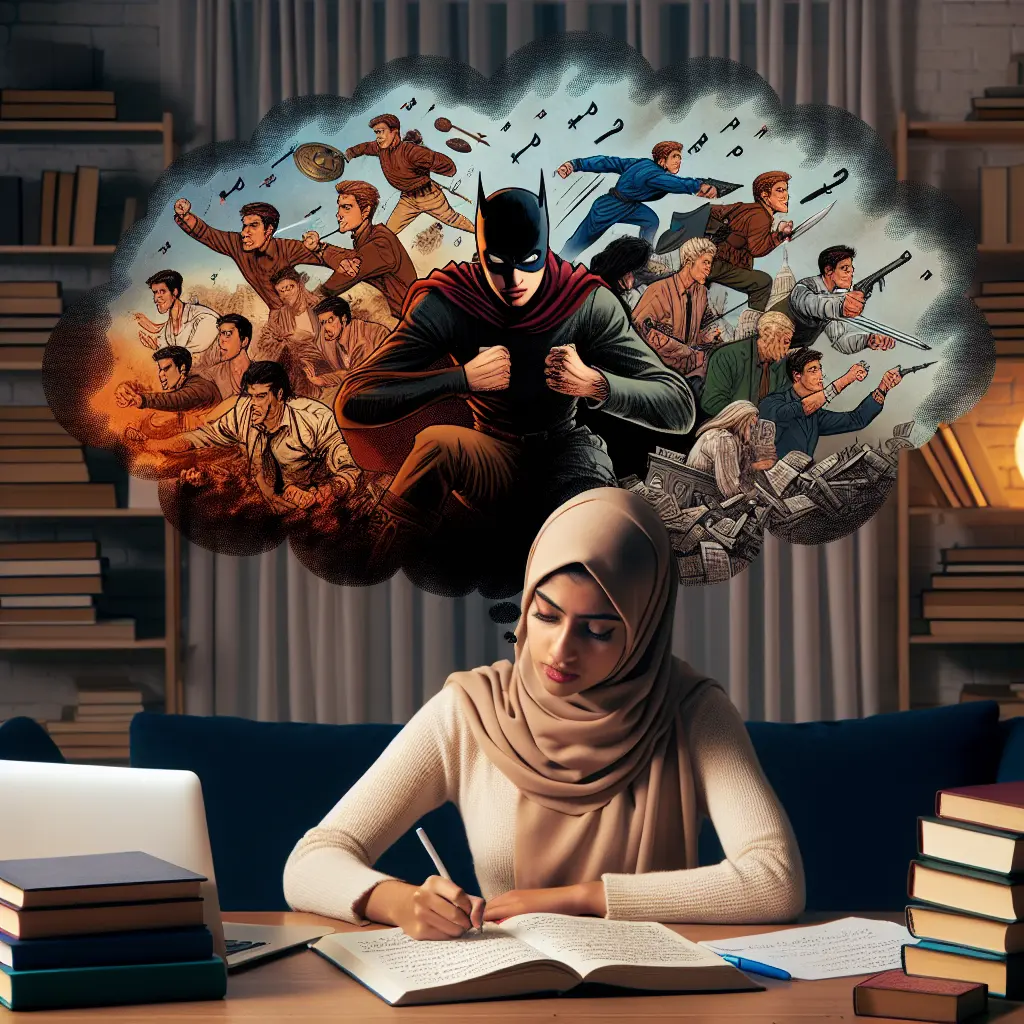
In the intricate tapestry of modern American literature, the emergence and evolution of antiheroes stand out as a compelling phenomenon. These complex characters, who blur the lines between traditional heroism and villainy, have become pivotal in exploring the moral landscapes of contemporary society. This blog post delves into the role of antiheroes in American novels, shedding light on their psychological depth, narrative impact, and cultural significance.
The Rise of Modern American Antiheroes
The concept of the antihero has undergone significant transformation in literary history. Initially seen in earlier narratives as flawed figures with redeemable qualities, modern American antiheroes have evolved to embody deeper moral complexity and psychological realism. This shift reflects broader societal changes where absolute notions of good and evil are increasingly questioned. The evolution of antiheroes in literature mirrors this trend, offering readers characters who reflect the real moral ambiguities they face in everyday life.
Psychological Depth in Antiheroes
Modern American novels often portray antiheroes with profound psychological depth. These characters are crafted with intricate backstories and complex motivations that challenge the reader's empathy and judgment. For instance, the historical mystery revealing Dante’s lost secrets presents a protagonist whose morally ambiguous choices are rooted in a tumultuous past, providing a rich ground for antihero character analysis.
Antiheroes and American Culture
The prevalence of antiheroes in contemporary fiction also speaks volumes about American cultural dynamics. These characters often encapsulate the national struggle with identity, morality, and societal roles. For example, the launch of Galiot Press by two local authors seeking books that "defy categorization" underscores a growing appetite for narratives that explore unconventional paths and question standard moral frameworks.
Moral Ambiguity in American Novels
One of the hallmarks of modern American antiheroes is their embodiment of moral ambiguity. This trait resonates deeply in an era where ethical certainties are hard to come by. Books like those discussed at the recent unveiling by EFLU’s Vice-Chancellor, which delve into spirituality and morality, highlight how literature is a reflection of ongoing cultural dialogues about ethics and values.
The Narrative Impact of Antiheroes
The presence of an antihero often significantly alters the narrative dynamics of a novel. These characters bring a level of unpredictability and realism that can profoundly affect the story’s direction and thematic development. For instance, recent discussions about Elif Shafak's works at "The Multiple Belongings of Elif Shafak" event underscore how antiheroes can drive narratives that explore diverse cultural identities and complex social issues.
Complex Characters in Literature
American novel antiheroes are quintessentially complex characters whose layers are peeled back as the narrative unfolds. This complexity not only captivates readers but also invites them to engage in deeper reflection about human nature and societal norms. The recent recognition of artificial intelligence-themed books as top reads in 2024 further illustrates how complexity in characters and themes continues to intrigue and challenge readers.
Recent News Influencing Antihero Themes
Recent events have also influenced the portrayal and reception of antiheroes in literature. For instance, the celebration of Ern Malley, "the greatest poet who never lived," at 80, highlights how fictional creations with ambiguous moral bearings continue to fascinate and inspire discussions about authenticity and deception in literature.
Moreover, the acknowledgment of a little-known university outpost west of Lincoln for spawning renowned work underscores the academic interest in exploring unconventional narratives and characters, including antiheroes.
Conclusion: The Continued Relevance of Antiheroes
The role of antiheroes in modern American novels is not just a trend but a reflection of shifting cultural, ethical, and psychological landscapes. These characters challenge readers to reconsider their perceptions of right and wrong and to reflect on the grey areas of human experience.
In essence, antiheroes are a mirror to the complexities of modern life, reminding us that everyone has shades of grey. They push literary boundaries and deepen our understanding of ourselves and our society.
Thank you for joining me on this exploration of some of literature's most intriguing figures. May we continue to learn from their complexities as we navigate our own moral landscapes.
Rebecca Field